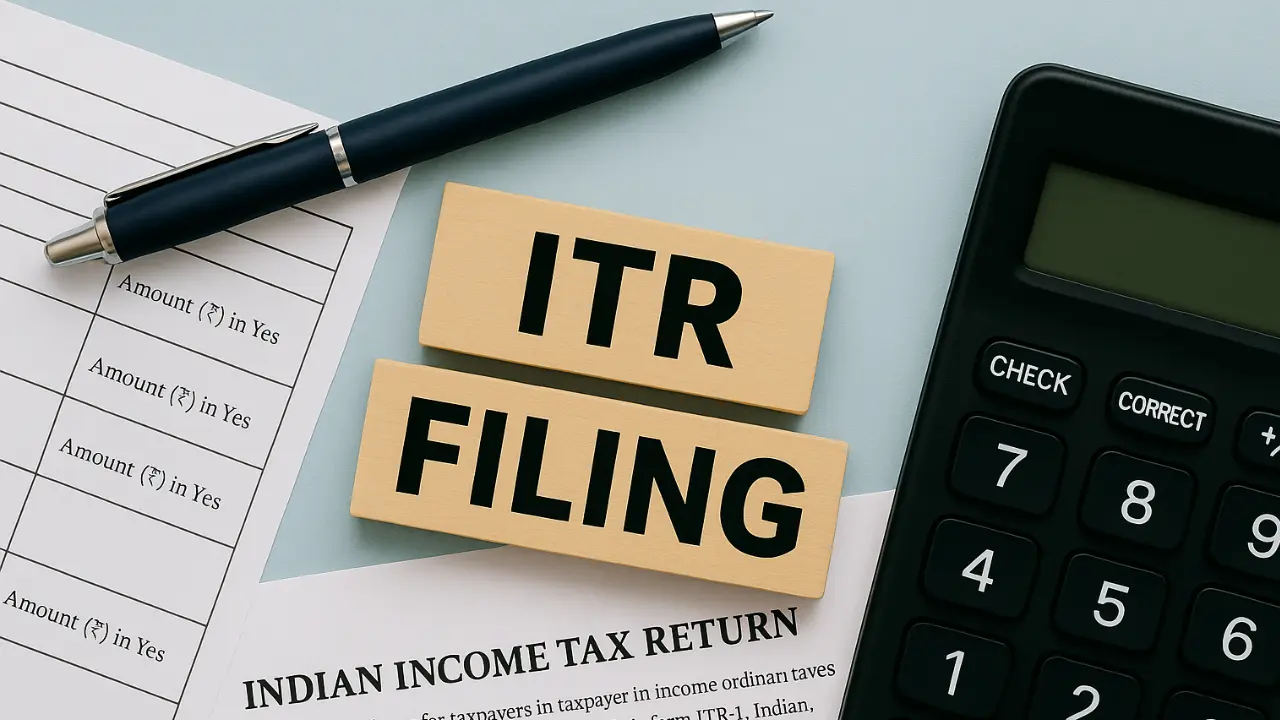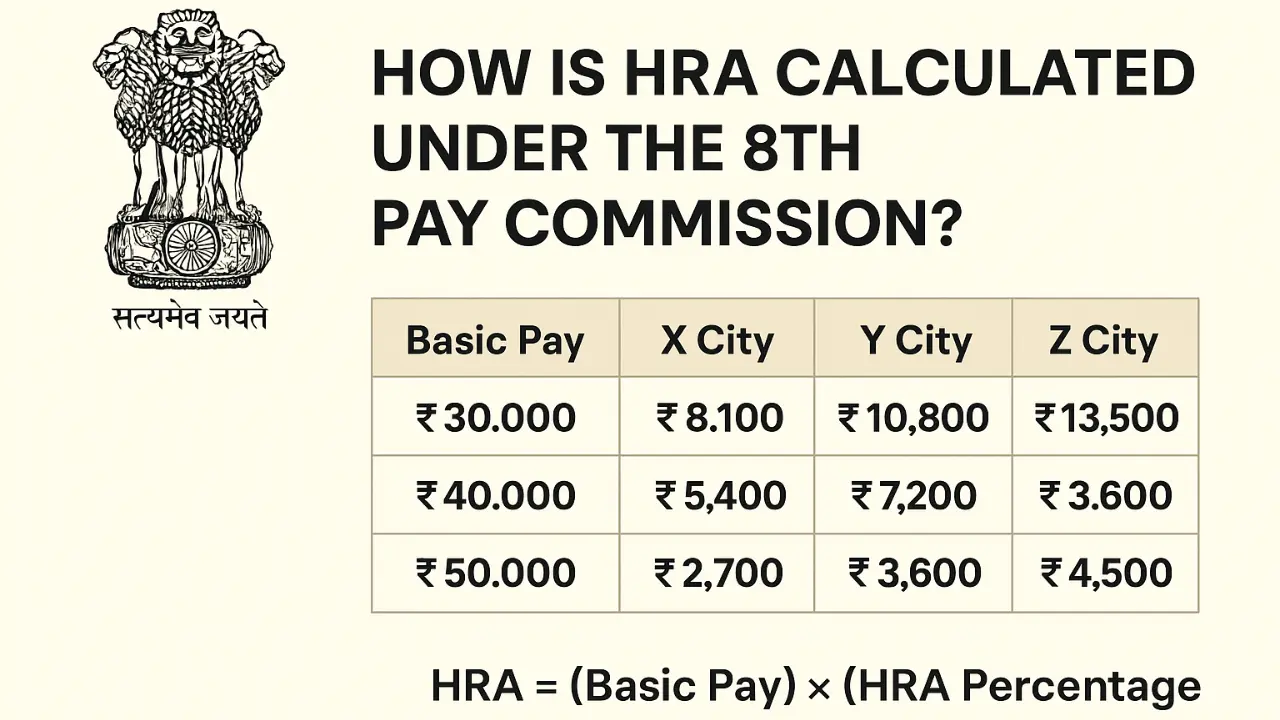Filing your Income Tax Return on time is one of the most important financial responsibilities for every taxpayer in India. The ITR filing deadline is fixed each year by the Income Tax Department, and missing this deadline can result in penalties and other legal actions. Understanding the importance of the ITR filing deadline helps you stay compliant, avoid unnecessary fines, and keep your financial records in order. In this article, we will cover everything you need to know about the ITR filing deadline, the consequences of missing it, the process to file your return, and answers to common questions about Income Tax and filing.
What is the ITR Filing Deadline?
The ITR filing deadline is the last date set by the Income Tax Department for taxpayers to submit their Income Tax Returns for a particular financial year. Usually, this deadline is July 31st of the assessment year for individuals and businesses whose accounts are not required to be audited. For those required to get their accounts audited, the deadline usually extends to October 31st.
ITR Filing Deadlines for FY 2024-25 (AY 2025-26)
| Category | ITR Filing Deadline | Remarks |
|---|---|---|
| Individual/Non-audit cases | 31st July 2025 | Standard deadline |
| Audit cases (Businesses) | 31st October 2025 | For those with mandatory audit |
| Taxpayers requiring Transfer Pricing Report | 30th November 2025 | For entities involved in TP audits |
Why is the ITR Filing Deadline Important?
Meeting the ITR filing deadline is crucial because:
- The Income Tax Department charges penalties for late filing.
- It helps in maintaining your financial compliance and credibility.
- Delays can lead to loss of interest benefits on tax refunds.
- Non-filing may invite scrutiny or notices from Income Tax authorities.
- Filing on time is necessary to carry forward losses and claim deductions.
Consequences of Missing the ITR Filing Deadline
If you miss the ITR filing deadline, the Income Tax Department can take strict actions including:
- Late filing fees up to ₹10,000 (₹1,000 if income is below ₹5 lakh).
- Interest charged under Section 234A for delay in filing.
- Disallowance of carry forward of losses.
- You may not receive your tax refund until you file the return.
- Potential notice and penalty under Income Tax Act.
Late Fees and Penalty Chart
| Delay in Filing | Late Fee Amount (INR) | Additional Consequences |
|---|---|---|
| Up to 31st December of assessment year | 5,000 | Reduced penalty for delay |
| After 31st December | 10,000 | Maximum penalty and interest charges |
Who Needs to File ITR?
Most taxpayers are required to file ITR, including:
- Individuals earning salary or income from business or profession.
- Freelancers and self-employed professionals.
- Those with income from capital gains or property.
- Senior citizens with income above exemption limits.
- Businesses, companies, and firms.
How to File Your Income Tax Return?
Filing your ITR is easier than ever with online portals provided by the Income Tax Department. Here’s a simple step-by-step guide:
- Collect Your Documents: Form 16, Form 26AS, bank statements, investment proofs.
- Choose the Right ITR Form: Based on your income source (ITR-1 to ITR-7).
- Log In to the Income Tax e-Filing Portal: https://www.incometax.gov.in
- Fill in the Details: Enter your income, deductions, and taxes paid.
- Upload Form 16 (if applicable): And other required documents.
- Verify Your Return: Using Aadhaar OTP, net banking, or physical verification.
- Submit Your ITR Before the Deadline
Tips to Avoid ITR Filing Delays
- Start preparing early by gathering all documents.
- Double-check your details before submitting.
- Use the correct ITR form to avoid rejections.
- File electronically for faster processing.
- Keep track of updates from the Income Tax Department.
Frequently Asked Questions (FAQs)
What is the exact ITR filing deadline for FY 2024-25?
For most individuals, the deadline is 31st July 2025. For audit cases, it’s 31st October 2025.
What happens if I miss the ITR filing deadline?
You may have to pay a late fee of up to ₹10,000 and interest on due taxes. Your refunds may also be delayed.
Can I file my ITR after the deadline?
Yes, you can file a belated return up to 31st March of the assessment year, but penalties will apply.
Is filing ITR mandatory for everyone?
No, only those whose income exceeds the basic exemption limit or meet other criteria need to file.
How can I check the status of my ITR?
You can log in to the Income Tax e-filing portal and check your return status under “View Returns/Forms.”
Conclusion
Knowing your ITR filing deadline is essential to stay clear of Income Tax penalties and ensure smooth financial management. Always aim to file your return well before the due date to avoid last-minute hassles. Keep your documents ready, understand your obligations, and use online portals for easy filing. Staying informed and proactive with your Income Tax filing protects you from unnecessary legal and financial troubles.

















Leave a Reply